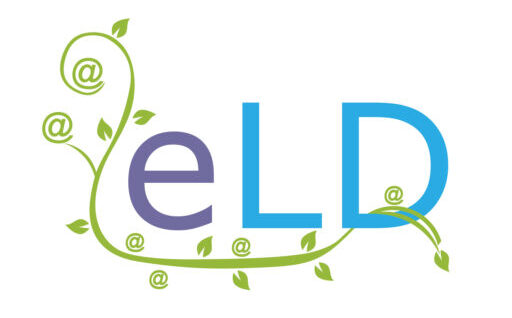Moodle health checks
Moodle health checks
Moodle health checks
Future-proofing with a Moodle MOT
Regular digital health checks (i.e. Moodle MOTs) are essential to maintaining an organised, user-friendly e-learning platform. But with so many areas to tweak and improve, it can be tricky knowing where to start. To help, here are our recommendations for the priority checks you should be making on your Moodle site.

Moodle version
Keeping the underlying code that supports your Moodle instance up-to-date is key to overall site health. It’s a common misconception that only the most recent point release of Moodle is considered “up to date” – at any one time, Moodle HQ actually maintains several different versions for security and bug fixes. This includes at least one Long Term Support (LTS) version, which is supported with regular patches for longer than standard releases.
If, for logistical reasons, upgrading is a challenge for you, it’s a good idea to stick to a current LTS version to continue to keep your site secure and bug-free without the need for frequent upgrades. For power users and more experienced administrators, the most recent Moodle release might better suit your needs, especially if you’re keen to try out the latest features.
Moodle theme
It’s important to schedule the time to give your theme a quick health check every now and again. Do all of your links, blocks and buttons still work? Are there any potential accessibility issues? Is there sufficient scaffolding to point users in the right direction?
Learner feedback is essential here if you want users to take full advantage of your platform; a feature or page that might seem obviously signposted to you might be a struggle to locate for an unfamiliar user. If your current theme just isn’t working for you, it could be time to try something new, and the Moodle plugins directory has a wealth of free themes available for download.
Moodle plugins
There are a vast number of plugins on offer to not only monitor your site health (for example, the course size report) but also actively improve it. Whether it’s a purely aesthetic change like a new theme or something structural like an activity module, you’ll be sure to find a plugin that does the job.
Reviewing your plugin collection is a good way to evaluate their utility. If you no longer use a specific plugin, consider removing it from your site to keep things neat and conserve a bit of space. As well as curating your existing plugins, it’s important to regularly check for available updates. This way, you won’t risk missing out on new features, and perhaps more importantly, you’ll avoid potential compatibility problems should you decide to upgrade your version.

